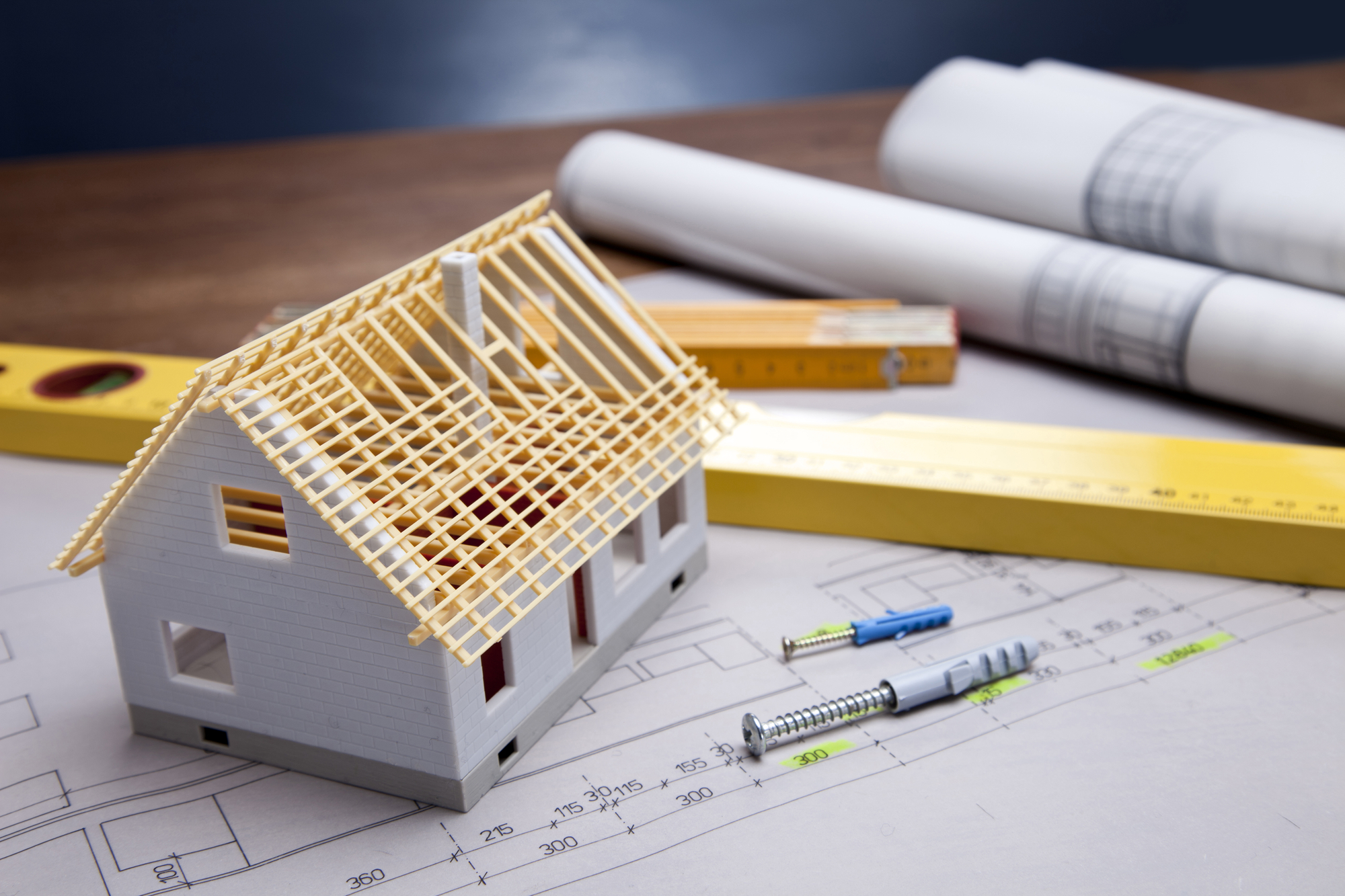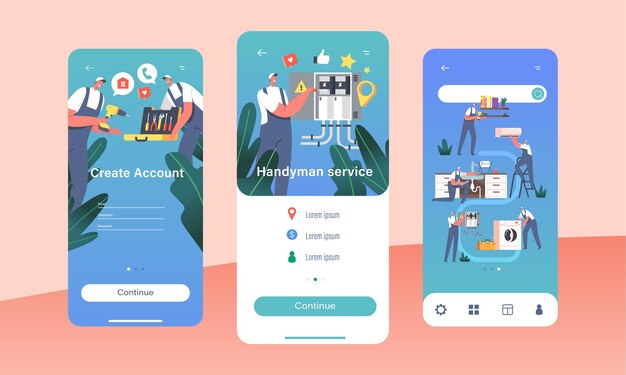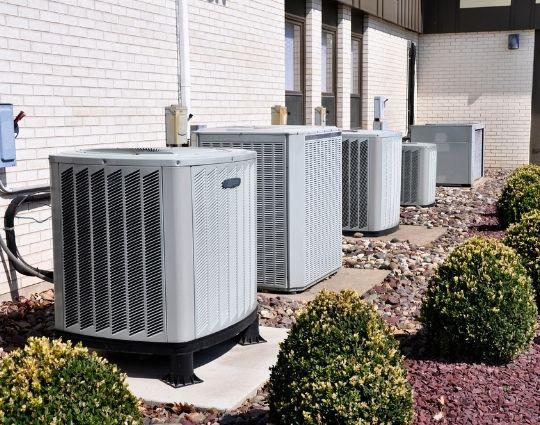Signs That You Need To Repair Your Air Conditioner
Your air conditioner is one of the most important appliances in your home. It helps maintain a comfortable temperature, it keeps you safe from bacteria and insect-related illnesses, and it can help lower your utility bills. But if you don’t take care of it, these benefits will start to disappear. Be on the lookout for these 5 telltale signs that something’s amiss with your air conditioner:
Short Cycling
A shortened air-conditioning cycle is usually the result of a dirty filter. It can be identified by a loud humming sound that’s followed by the unit shutting off. Be sure to replace your filters once every one to three months, or more often if you live in an area with high dust and pollution levels.
It’s Blowing Warm Air
If your air conditioner is blowing warm air instead of cool air, it’s likely that the compressor needs to be repaired. This could also indicate a leak in your system and should be an area you check as soon as possible.
Your Energy Costs Are Increasing
Another warning sign has to do with your electric bill. If you notice that your AC was cranked up high for most of the month but there are no temperature changes on record, then it’s possible that something is broken. If your AC is not up to the task of cooling off your home, you will likely notice an increase in your energy bills. The more time and money it takes for a unit to cool down space, the higher those costs are going to be.
The Air Conditioner is Making Funny Sounds
If you notice any strange sounds coming from your air conditioner, it could be a sign that the unit is in need of repair. It could also have something to do with an issue with the fan or filter. These may be signs of a problem with your compressor, condenser fan motor, evaporator coil fins (though these are rare), and other parts.
Keep your AC in good shape to maintain benefits such as comfortable temperature and protection from bacteria. If you’re experiencing any of these telltale signs, it’s time for a diagnostic appointment with your local HVAC technician.











